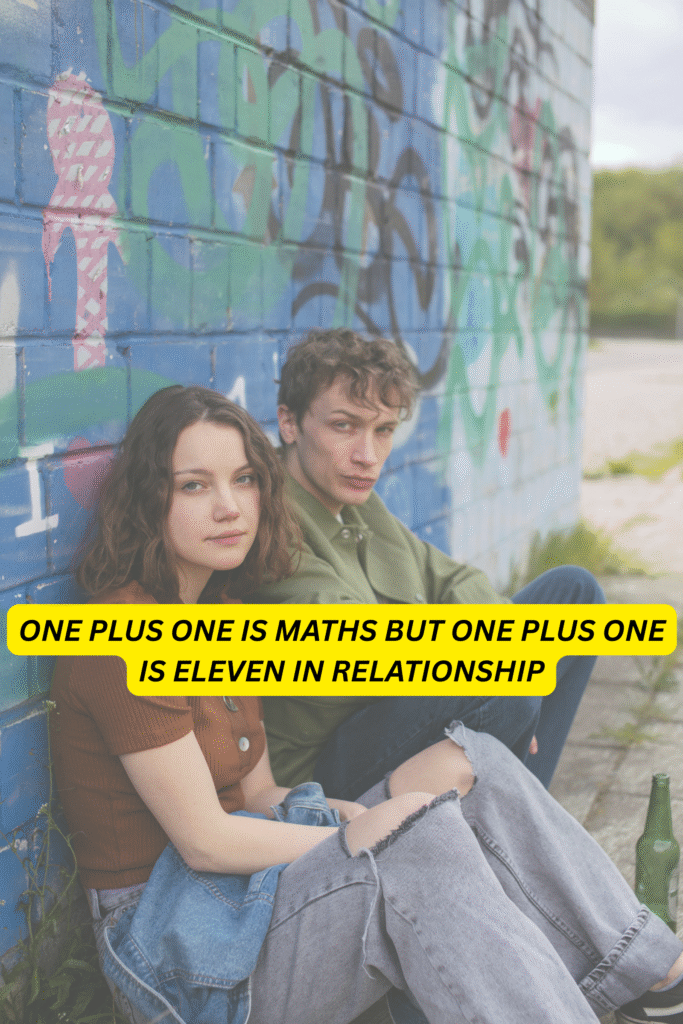
In mathematics, one plus one equals two. It is a rule so fundamental that we seldom question it. But life, unlike math, is not bound by such rigid equations. In the realm of relationships, “one plus one” can equal far more than two. It can equal eleven—a symbol of unity where the whole is far greater than the sum of its parts.
This idea challenges the reductionist view of relationships as mere partnerships of two individuals. It suggests that when two people come together with love, trust, and shared purpose, they create a synergy that amplifies their strengths and diminishes their weaknesses. Each person becomes a mirror, a support system, and a catalyst for the other’s growth. Together they form an entity richer, deeper, and stronger than what either could have achieved alone.
Philosophically, this reflects the principle of holism: the belief that systems and their properties should be viewed as wholes, not merely as collections of parts. Two individuals in harmony form a union where their identities are preserved yet intertwined. Their love becomes a force that transcends individuality, creating a shared existence filled with meaning and depth.
But this transformation is not automatic. It requires intentional effort—mutual respect, emotional vulnerability, and the courage to grow together. When both partners invest in each other’s well-being, the relationship evolves from simple arithmetic to something almost alchemical.
Thus, “one plus one is eleven” is more than a poetic turn of phrase. It is a profound reminder that relationships, at their best, are not about addition but multiplication. They are about creating a space where two souls expand beyond themselves, giving rise to a union that defies ordinary logic.